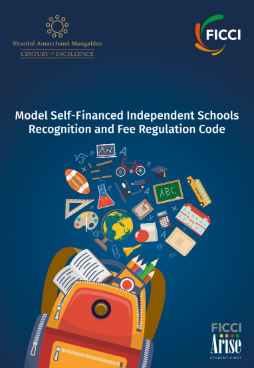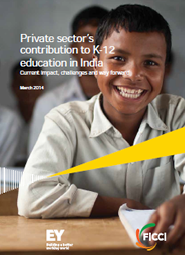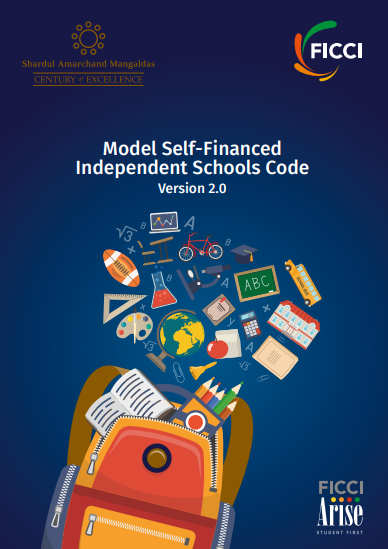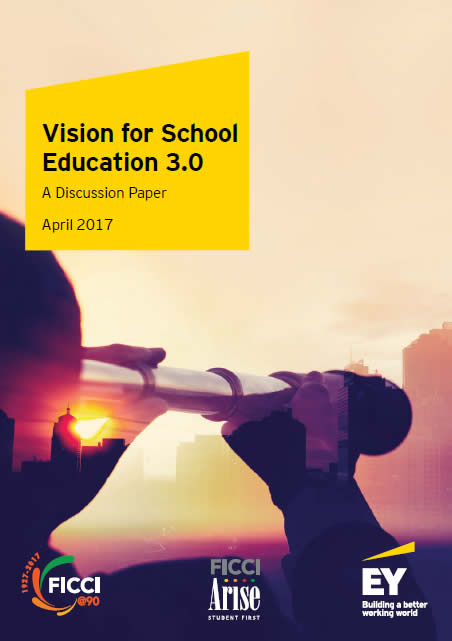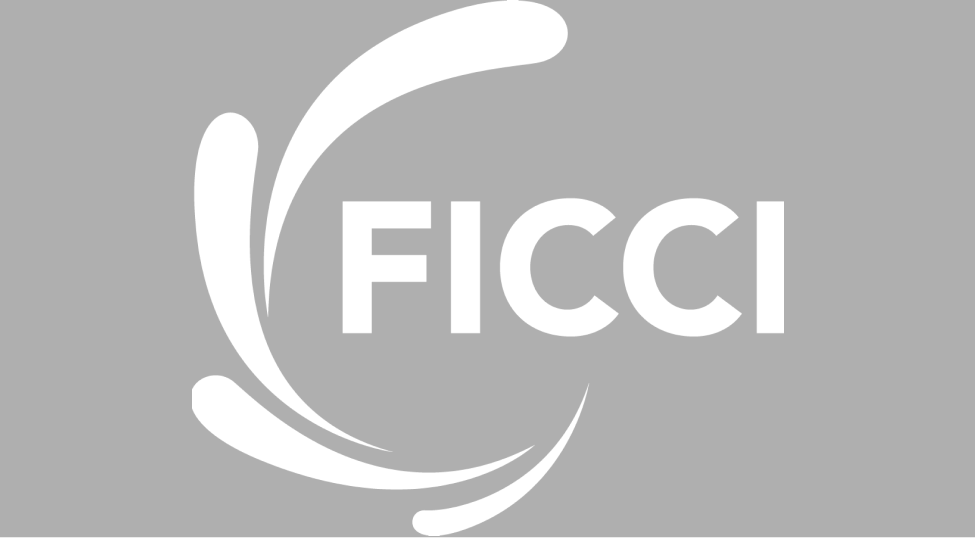The National Education Policy 2020 was released by the union education minister Ramesh Pokhriyal ‘Nishank‘ and Prakash Javadekar, minister of information and broadcasting on July 29. It aims to pave way for transformational reforms in school and higher education systems in the country and will replace the 34 your old National Policy on Education (NPE), 1986. Here are some expert reactions on the policy:
Vineet Gupta, Founder & Trustee, Plaksha University and MD, Jamboree Education
“The New Education Policy was long-overdue and we welcome the future-facing changes introduced by Government of India. Overall, strengthening the school education system, making efforts towards making India as a global education hub and having one regulator brings much-needed focus towards making India an international knowledge superpower. Reforms such as having a self-declaration system, bringing in a 4-year-undergraduate program, replacing a cumbersome inspection system and adding an additional 1-year after 12+3 to help students be eligible for many top-ranked global programs will remove unique barriers that Indian students have faced in the past.”
Amit Gainda, Chief Executive Officer, Avanse Financial Services
“The new National Education Policy announced by the Education Ministry is a welcome move amidst the outbreak of the pandemic in this sector. The timeliness of this policy is extremely crucial as the previous policy was adopted in 1992, which was before the onset of the internet revolution in India. The policy stresses on the importance of curriculum and pedagogical framework for early childhood which actually strengthens the base of every individual. It is inspiring to witness how the new NEP has rightly focused on the importance of developing a scientific acumen at an early age. The transformational approach from marks based report card to a holistic evaluation is a future-ready shift.
NEP’s initiative of bringing foreign university campuses in India is a formidable step towards strengthening the Indian education ecosystem. This will help the students experience the global quality of education in their very own country. These moves will create a symbiotic environment for the educational aspirants to pave a clear path for achieving their educational goals.”
Rustom Kerawalla, Chairman, Ampersand Group
“The New Education Policy 2020 is aimed at bringing transformational changes in the Indian education system with a global perspective. The policy has a multi-disciplinary, value-based approach focussing on holistic education along with life-skills with special emphasis on skill development to improve high employability rate among our students.
The policy lays special emphasis on Early Child Care Education (ECCE) and development by including a play-based multi-faceted curriculum. The universalisation of ECCE will lay the foundation for the development of every child and will be able to honour unique skill-sets at an early age.
The integration of co-curricular subjects at par will help students honour their hobbies and skills and make value addition in the areas of preference. Project-based learning, vocational learning at an early age, and learning of life skills and inclusion of technology will help a child realise ambitions, gain multi-dimensional knowledge and universal skills and lay the foundation for higher education. In addition, a new system of self, peer and teacher assessment will give parents and children a 360-degree progress report imbibed with new skills learned during the academic year. ”
Col. (Retd.) Gopal Karunakaran, CEO, Shiv Nadar School
“We congratulate the Government for formulating a forward-looking, inclusive policy that will go a long way towards creating an equitable and vibrant knowledge society. It signals the Government’s intent to implement sweeping reforms in the education system. The stated aim to provide foundational literacy and numeracy skills to all Indians in the next five years is laudable and will help India shed the stigma of illiteracy. The policy has many positive aspects, such as free and compulsory education for students, reintegrating school dropouts into the education system and the emphasis on mother tongue, classical languages and physical skills. All this was long-overdue. “
Ramananda SG, Vice President, Sales & Marketing, Pearson India
“The National Education policy has certainly made bold and historic reforms towards the quality of education and improving student learning outcomes. It is not only designed to directly address the gaps which were prevalent earlier but also recognises the importance of EdTech as a medium. The announcement regarding 6% public investment of the GDP in education sector will provide a much needed boost to the quality and scope of education in the country. In a bid to ramp up digital and education becoming multilingual, the accessibility will increase across the country as institutes will introduce multi-disciplinary platforms. Integration of creative combinations of subjects, specialised learning, character development, blended learning, inter disciplinary methods, and flexible curriculums will help strengthen emotional intelligence, critical thinking and problem solving skills of students making headway for a bright future in the 21st century. In higher ed, multiple exit options in degree courses will give a boost to vocational qualifications and practical knowledge which is the need of the hour with changing times globally. While there are many aspects still to retrospect, the charter is truly a testimony of quality consultation and deep thinking, hence unlocking the construction of a new nation.”
Shishir Jaipuria, Co-Chairman, FICCI ARISE; Chairman, Seth Anandram Jaipuria Education Society
“National Education Policy 2020 offers a number of well-reasoned and bold reformative steps in the right direction. It conveys a clear bias for disruptive change to meet the future learning needs. This is indeed very heartening and greatly welcome. The policy very well addresses most of the critical issues that daunt our current education landscape. Various change and reform proposals especially in the areas of Early Childhood Education, Teacher Education, Curriculum and Pedagogical Structure, Assessment and Accreditation, Self-Governance and Standardised learning for both private and public schools, if implemented in true ‘letter and spirit’ by all stakeholders shall undoubtedly transform the overall educational ecosystem in the country. However, with the growing demand of investment required for India to reach SDG 4 by 2030, it would be unrealistic to expect such large investments coming solely from the government and purely philanthropic initiatives. The current regime, has always been strong on reforms to leapfrog sectors in the country. It is time they open up the education sector to private investment that will bring the cost of the education down and help in meeting the diverse needs of the country.”
Mohan Lakhamraju, Founder & CEO, Great Learning
“The new National Education Policy 2020 is very progressive and introduces much-needed set of reforms for the Education sector in India. Specifically for Higher Education, the push towards making all institutions multidisciplinary is an excellent step since today all aspects of business and society are complex and multi-disciplinary in nature. The rationalization of regulatory bodies and the path to progressive autonomy to institutions is also a very welcome step. The opening up to the top 100 international universities will bring in high-quality programs to our students and will further raise the quality bar for all our institutions. Lastly, it is great to see the focus on online education and having the same quality aspiration for it, something that we at Great Learning deeply believe in and would look to make an impactful contribution towards.”
Prof Mahadeo Jaiswal, Director, IIM Sambalpur
“We welcome the move made by the Cabinet to rename the HRD ministry to the education ministry as the role of the department is to further and provide education. Allowing global institutes to set up campuses in India is also a positive move as it will increase competition because it will open up our education system and it will also help sustain high talent in the country as students don’t have to move out to pursue education. Changing the pedagogical structure from a 10+2 system to a 5+3+3+4 system is in line with international educational standards. Due to the small structure of our IIMs and IITs, despite having ample talent, they were unable to figure in top 100 institutes of the world. Allowing technical institutes to become multi-disciplinary will help IIMs and IITs to start other departments like medical etc and make their size bigger and allow them to admit more students. This will enable them to compete with the elite institutes of the world and become at par with them in the coming years. Diversification makes education more complete and helps increase intellectual outcome. Overall, the changes have been made according to the global system of education. This will also help attract foreign students to India and help the economy as well.”
Divya Lal, Managing Director, Fliplearn
“The new education policy is a refreshing shift and a bold corrective action in our approach to education in India and we welcome it whole-heartedly. Technology will now play a much bigger role not just in planning and administration, but pedagogy, content, tutelage and assessment; which is both futuristic and transformative to say the least. The increased focus on technology, digital empowerment of schools will encourage institutions to upgrade their technology infrastructure and offerings to more virtual and seamlessly integrated platforms. The virtual platforms/ labs will also bring learning alive for students with emphasis on visual and experiential components than Rote learning. With reduced insularity and greater freedom in students selecting their subjects of choice, the focus will return to holistic learning of all subjects, rather than a bent towards Maths and Sciences. All-in-all, the new education policy is a great step in the right direction and we look forward to the new face of education in India.”
Atul Khosla, Founder, Shoolini University
The New Education Policy of India is out. While I would have loved to see 10 percent of GDP going to education, 6 percent is a great start. Congrats India.
I hope this will be the start of a new India – an India known for its knowledge economy. An India where innovation flows everywhere, where education is available to all and not just to the privileged few, where every top University of India has a noble prize winner, where we learn thinking outside the box, and where knowledge, wisdom, passion and integrety become the only factors to succeed. An India where we are once again known for our universities and institutions. Where 10-15 of the top universities of the world are in India. And where the best in the world fight with each other to study in our universities.
I am personally excited with many of the proposed changes. I have always believed that a great University should to be on the cutting edge of research and innovation, should be flexible and agile, should be working for the upliftment of the community and should be continuously challenging the status quo. The new Education policy converges towards these beliefs.
What excites me most in the NEP is the policy to bring transdisciplinary and liberal arts learning into Higher Ed, the idea of a unified regulator for higher education, the thought of large globally competitive multi-disciplinary universities and the possibility of having foreign university campuses in India. Building a National Research fund and a National Credit Bank are also new and pathbreaking thoughts.
There is always a slip between the lip and the cup. While the New Education policy is pathbreaking, the real challenge will be its implementation in letter and spirit. A lot of “will” and effort will be needed to kill existing “holy cows” of higher education and make the system dynamic and relevant. I do hope that the new Ministry of Education is not just a change of name, but will also change in the way it operates and runs.
The great American University system was built during the second World War. Huge state funding was given to both Public and Private universities to build cutting edge institutions. Many of the Ivy league are products of that effort and change. The rest is history.
This is the opportunity for many of us to step up and live our dreams. An opportunity for all of us to attempt at building a top global University. The opportunity for many of us to become celebrated researchers and professors. An opportunity to change the world.”
